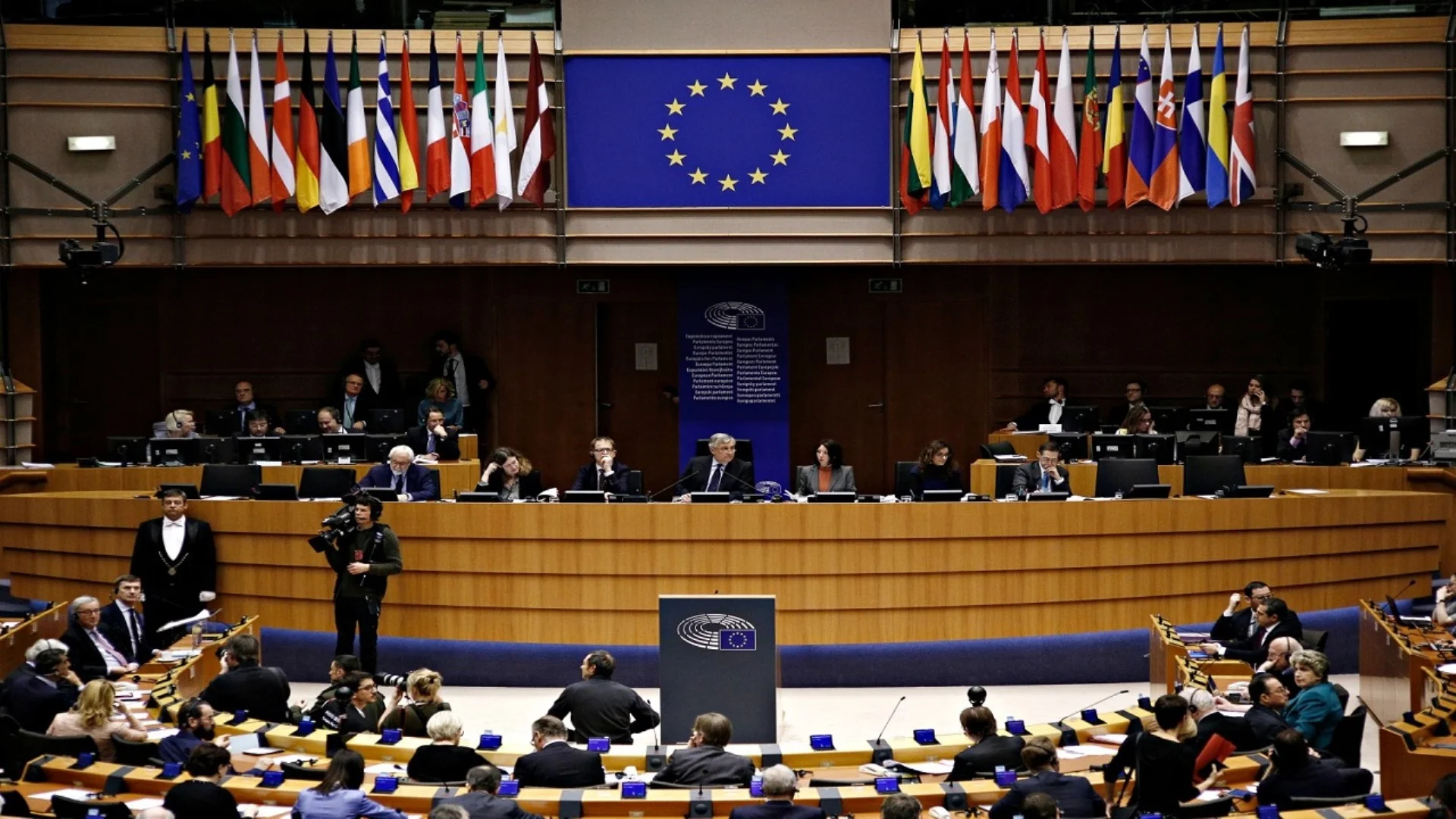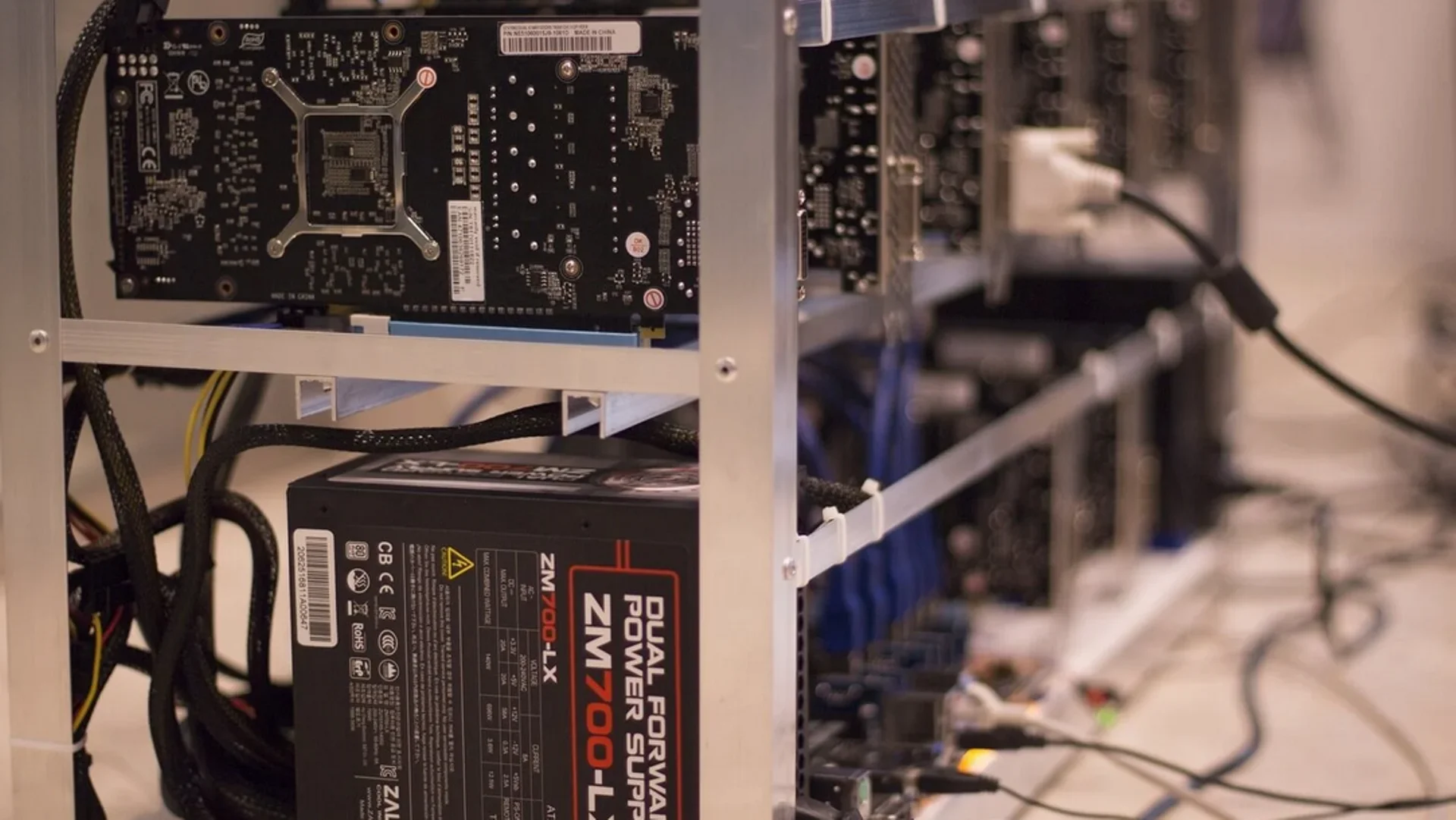The European Parliament voted against the ban on cryptocurrencies

Cryptocurrency mining is no longer being criticized by important representatives of the world community, including the EU, which is explained by increased energy costs. For example, once Tesla refused to sell cars for BTC, explaining the decision with «environmental reasons», despite the fact that Elon Musk associated this method with certain prospects.

The beginning was the seeing of the programmer Stephen Diehl, who stated it in Twitter: he believes that the creation of digital currencies results in huge environmental damage. A year later, the EU began to discuss a possible ban on the circulation of cryptocurrencies with the PoW mechanism, which is used to mine Bitcoin and Ethereum. The EU believes that it is too energy-intensive; moreover, many environmental problems are fixed. That’s why the legislators paid special attention to the calculation mechanism.

The EU has proposed a bill to regulate the crypto-assets market (MiCA), according to which, since 2025 a ban on the use of crypto and crypto services obtained by the «proof-of-work» method is introduced. Stefan Berger, who is an EU parliamentarian, said the decision had not yet been made.
Although there were plans to move ETH to a less energy-intensive PoS mechanism, the principles of this transition by the largest cryptocurrency BTC, are unclear from a technical point of view. Although there is now an increase in the use of renewable energy sources, BTC mining remains dependent on traditional sources.

The reaction of the crypto community was immediate: the representatives called on the citizens of the EU to contact the parliamentarians and oppose the ban on cryptocurrencies. One of the suppliers of crypto-hardware wallets Ledger insisted on the freedom to choose technologies that would best correspond to the needs of individuals and companies, and the politicians should not impose their opinions on users. As a result, the legislative project did not pass, and the proposal to limit BTC and ETH was rejected.

The beginning was the seeing of the programmer Stephen Diehl, who stated it in Twitter: he believes that the creation of digital currencies results in huge environmental damage. A year later, the EU began to discuss a possible ban on the circulation of cryptocurrencies with the PoW mechanism, which is used to mine Bitcoin and Ethereum. The EU believes that it is too energy-intensive; moreover, many environmental problems are fixed. That’s why the legislators paid special attention to the calculation mechanism.

The EU has proposed a bill to regulate the crypto-assets market (MiCA), according to which, since 2025 a ban on the use of crypto and crypto services obtained by the «proof-of-work» method is introduced. Stefan Berger, who is an EU parliamentarian, said the decision had not yet been made.
Although there were plans to move ETH to a less energy-intensive PoS mechanism, the principles of this transition by the largest cryptocurrency BTC, are unclear from a technical point of view. Although there is now an increase in the use of renewable energy sources, BTC mining remains dependent on traditional sources.

The reaction of the crypto community was immediate: the representatives called on the citizens of the EU to contact the parliamentarians and oppose the ban on cryptocurrencies. One of the suppliers of crypto-hardware wallets Ledger insisted on the freedom to choose technologies that would best correspond to the needs of individuals and companies, and the politicians should not impose their opinions on users. As a result, the legislative project did not pass, and the proposal to limit BTC and ETH was rejected.
Comments: 0